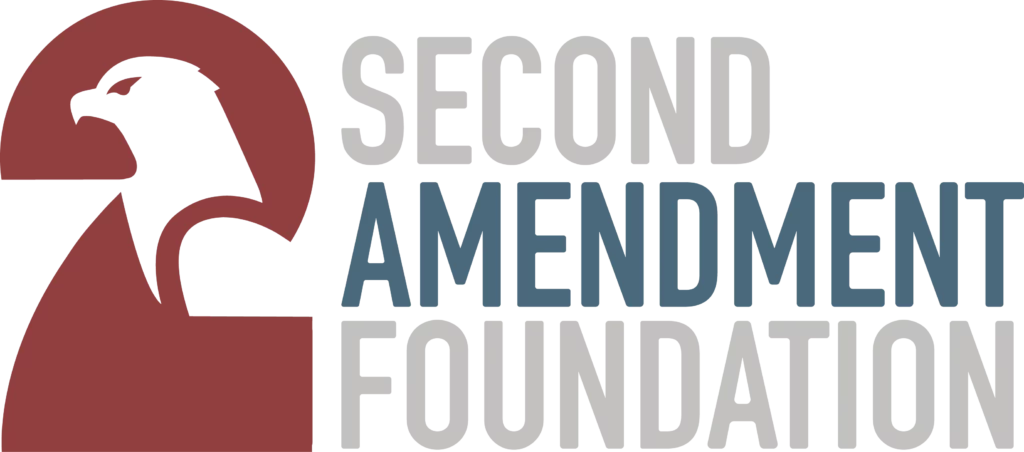BELLEVUE, WA – The Second Amendment Foundation is applauding a ruling by a federal judge in Southern California that a provision in the state’s new handgun roster law, requiring the removal of three handguns already on the roster that can be sold, to make room for each new handgun added to the list may violate the Second Amendment.
The ruling by U.S. District Chief Judge Dana Sabraw, is a slap at California’s law, which took effect Jan. 1 of this year. The lawsuit was brought by SAF, the San Diego County Gun Owners PAC, Firearms Policy Coalition and a private citizen, Lana Rae Renna, for whom the case Renna v. Becerra is named. They sued California in November. Plaintiffs are represented by attorneys Raymond DiGuiseppe of Southport, N.C. and Michael Sousa of San Diego.
In his 15-page ruling, Judge Sabraw, a George W. Bush appointee, ruled that plaintiffs “have sufficiently pled the UHA (“Unsafe Handgun Act”) substantially impacts their Second Amendment rights and thus burdens conduct protected by the Amendment.”
The judge also observed that the defendants offered “no justification for why the statute requires the removal of three handguns for each new handgun added (to the roster), instead of, for instance, a proportional one-to-one.”
He also noted, “Plaintiffs allege the UHA’s roster imposes a significant burden on their Second Amendment rights. Specifically, the (complaint) alleges the number of handguns available for purchase on the roster continues to decline and ultimately will ‘shrink into oblivion’ as handguns are removed from the roster, including by AB 2847’s three-for-one provision. Taking Plaintiffs’ allegations as true, this limits the ability of law-abiding citizens to acquire firearms, which is critical to ensuring the Second Amendment right to keep arms.”
“This case shows California’s amended handgun law seems ultimately designed to shrink the available number of approved handguns to virtually zero,” said SAF founder and Executive Vice President Alan M. Gottlieb. “Judge Sabraw appears to recognize this unconstitutional dilemma near the end of his opinion.”

